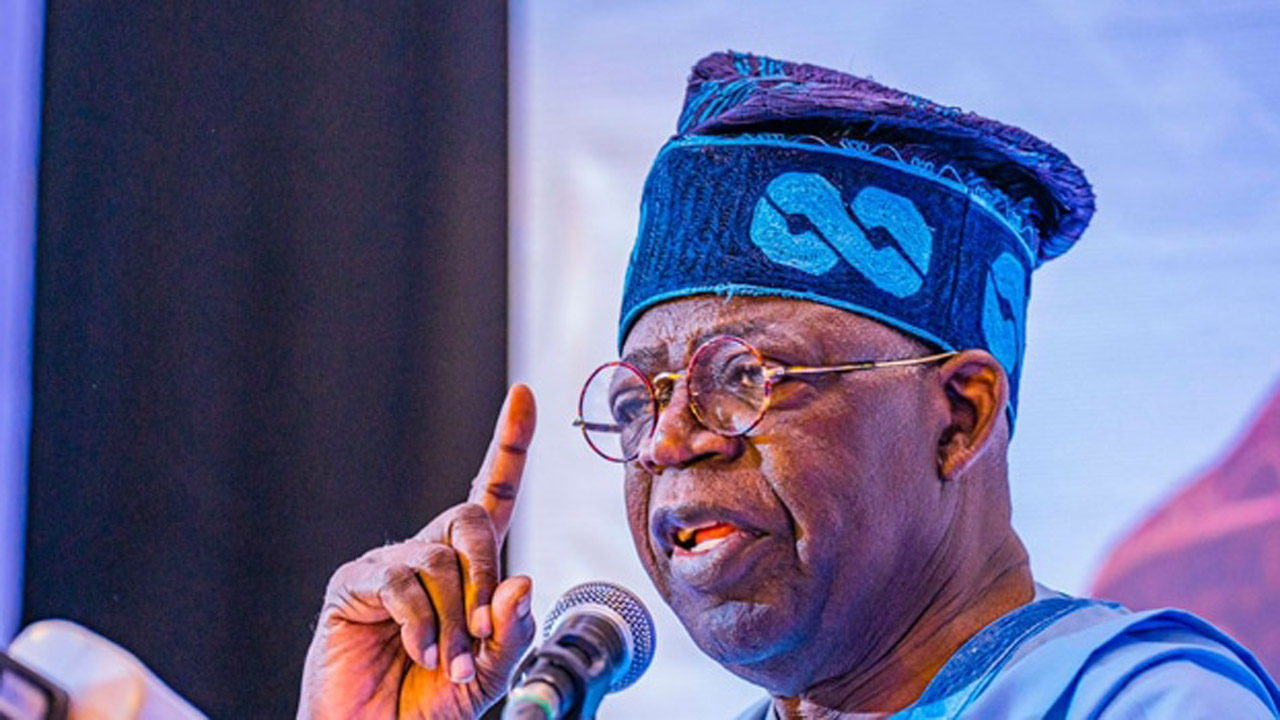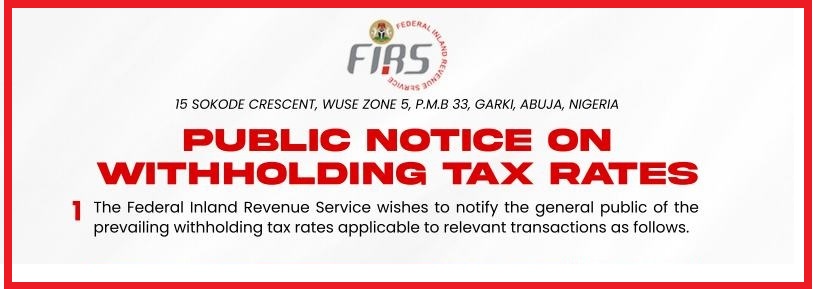By the time this piece gets to the public, other things being equal, all 48 nominees that had undergone screening for confirmation as cabinet ministers at the senate plenary would have been sworn in by President Bola Tinubu and begun settling in their offices as cabinet ministers, thereby effectively making them members of the federal executive council.
Together with members of the national assembly with whom they share the same partisan convictions, the ministers will occupy the front row in the implementation squad of the Renewed Hope agenda of the Tinubu administration.
However, in patent disregard for general positive action in favour of inclusivity, women representation in that cabinet falls deplorably short, just as the door was completely slammed on the physically challenged group and their participation suppressed in a way that rankles. Not even a senate imbued with a more disagreeable pedestrian discernment would have let such fundamental flaws go forcefully unremarked at any point during the entire exercise.
There are people who already see the inappreciable number of women confirmed as ministers and the snub to people living with disabilities as a dreadful sign of “business as usual,” and they are waiting to be convinced otherwise as the administration moves on with the business of governance.
Anyhow, congrats to the ministers. They are welcome to a new slippery turf as political appointees who will manage men, materials, and money in the overall interest of society. Although for a couple of familiar faces among them, it has been a well-trodden path in the past it has to be said.
For ministers like Nasir El-rufai, Nyesom Wike and Festus Keyamo, it is familiar ground. But the times are now different. Increasingly, Nigerians are becoming more aware of what political leadership means to their lives and the development of the country. Therefore, at no time have Nigerians desired a more qualitative leadership from the custodians of power than the prevailing period of unprecedented anguish resulting from decades of extremely poor leadership worsened by the outgone government.
The Tinubu administration is repeatedly touted in high quarters as being a “corrective administration.” The proof of this stirring assertion would begin to unfold more meaningfully as ministers roll out their programmes and engage the public in the days ahead. What is important though will be the extent to which this new crop of ministers help this administration push back on widespread corrupt and unethical practices, as well as what appears to be an enduring assault on basic freedoms and the rule of law which has continually constricted valid and sincere civic participation in the political, economic, social and cultural life in the country.
It is important, however, to point out that at least two of these new ministers – when they held positions at the very top of government institutions about the same period in the Buhari administration – were singled out as having almost simultaneously supervised varying degrees of unspeakable retaliation against public interest whistleblowers who worked under them, and whose tribulations the African Centre for Media and Information Literacy (AFRICMIL) dealt with in the cause of advocating justice for them.
Lateef Olasunkanmi Fagbemi, a lawyer for almost four decades and nicely spoken gentleman of seemingly impeccable erudition and a silk to boot, was the chairman of the governing council of Yaba College of Technology which serially attacked a whistleblower, a chartered accountant and chief lecturer in the college’s department of accountancy, for his tenacious disclosures of corruption and other unethical practices in the college.
One of the whistleblower’s reports of corruption was the N1.68 billion revenue that the college internally generated between 2008 and 2014 but which could not be found in the purse. He fingered some top management staff for stealing the money. All efforts he made to get the governing council to address his concerns were rebuffed. The frustration resulting from not being able to have access to those who have the power to act on his concerns forced him to go public in an open letter to the chairman of the council, published in The Nation newspaper (August 25, 2017) appealing to him to act on the complaints he raised.
And that’s one thing about whistleblowers; they often go to great lengths to get their concerns addressed internally. It is only when they are not listened to inhouse that they are forced to resort to external whistleblowing by taking their case to the media or the law enforcement and anti-corruption agencies.
For no other reason than being a strong voice against practices that could cause severe damage to the college’s reputation, this whistleblower, who was also at a time the bursar of the college, suffered all kinds of humiliation under the Yabatech governing council, which culminated in the ailment that led to his admission in a private clinic in Lagos. On March 9, 2018, eleven days to his retirement from service and still lying sick on the clinic bed, he was served a letter of dismissal on the utterly absurd ground that he took the college matter to the media.
Although the senate intervened, vindicated him, and ordered that he should be allowed to retire honourably, it was only after the council insisted and he apologized (for doing what is right) that his dismissal was converted to mandatory retirement in December 2021. But that still didn’t stop the punishment from continuing. He remains the only retired principal officer that was denied all the perks attached to that privileged position. This whistleblower lives with that trauma till this day.
Fagbemi’s companion in whistleblower persecution is Ahmed Musa Dangiwa, an architect and expert in mortgage financing who served a full five-year tenure as managing director/chief executive officer of Federal Mortgage Bank of Nigeria (FMBN). Under Dangiwa, two whistleblowers, both internal auditors, were victimized for two main reasons.
First, for insisting on due process in the contract awarded by FMBN for the renovation of the Mamman Kotangora House, which was the bank’s headquarters in Lagos before it moved to Abuja. And second, for refusing the management’s directive to endorse the bank’s 2016 half-year income validation report which indicated a surplus of income over expenditure totalling N423,653,187. The internal audit group insisted it was a loss and not a profit as the bank’s management wanted the world to believe.
Many government workers are persistently inflicted with reprisals for exercising the right to refuse to partake in wrongdoing in their offices. This must stop in the Tinubu administration. FMBN launched its own retaliation in 2017. One of the whistleblowers was suspended, the other had his appointment terminated. The one who was suspended eventually resigned his job when he was recalled and punitively posted out of Abuja. The other fought for two years and was reinstated, only to be first posted out of Abuja like his colleague, and then dismissed in 2020. But persuaded by the justness of his cause, he has gone to court to seek redress.
Today, Fagbemi and Dangiwa, as definite honourable ministers, are charged to reflect on these horrid episodes and resolve not to re-enact them in their new tour of public duty at a higher level. As heads of ministries, departments and agencies and key functionaries in the executive arm of government, ministers are to manage their offices in a way that ensures fruitful implementation of government policies and promotes democratic accountability. They must commit to upholding the ideals of democracy by not only denouncing impunity but also punishing it and safeguarding the rule of law.
To succeed in that journey, they need as partners human rights defenders among whom are workers who are public interest whistleblowers, and journalists. Ministers should know that there are legions of public sector workers who do not possess the ability to see something wrong in their workplace and not say something. Rather than see such workers as disruptors of institutions who should be humiliated, ministers should embrace them as partners who are exercising a fundamental right of broadening the democratic space of free speech, and therefore deserve full protection.
That’s a viable route to take if the Tinubu administration is genuinely interested in encouraging citizens to lend a patriotic hand in giving the country a refreshing break from the ugly past.
Again, congratulations to all confirmed ministers and hoping that they become the fulcrum of a concrete turnaround in the country’s quest for purposeful leadership.
Godwin Onyeacholem is Programme Manager at African Centre for Media & Information Literacy (AFRICMIL).







